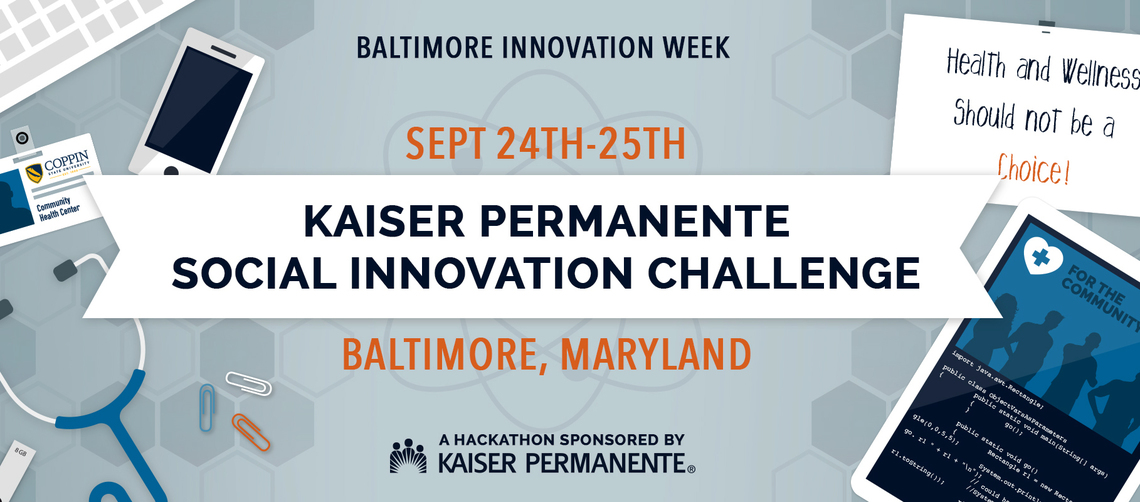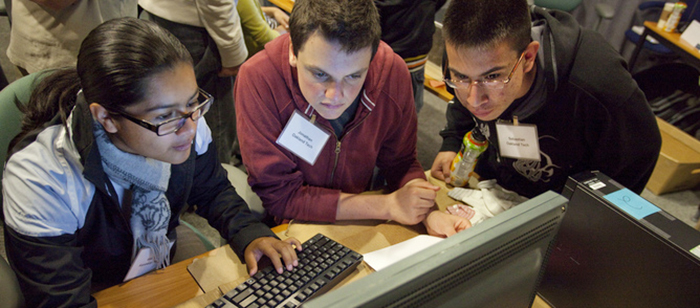
The UMBC Cyber Defense Lab presents
An Introduction to the Security of Software Defined Networks
Enis Golaszewski
CSEE Department, UMBC
11:15am-12:30pm, Friday, 7 October, UMBC, ITE 229
CSEE Department, UMBC
We introduce the concept of Software Defined Networks (SDNs) and the security challenges facing them. SDNs are a promising new network architecture that separates the data and control planes. By providing a central point of control and visibility over the network, SDNs allows a network to handle traffic with unprecedented flexibility, while simultaneously introducing potentially vulnerable lines of communication between a centralized controller and its constituent switches. To highlight the security challenges facing SDNs, we introduce and discuss several existing attacks. Anyone interested in networks and network security will want to know about the emerging trend of SDNs.
About the Speaker. Enis Golaszewski () is a first-semester PhD student and SFS scholar at UMBC working with Dr. Sherman on the security of software defined networks.
The UMBC Cyber Defense Lab meets biweekly Fridays


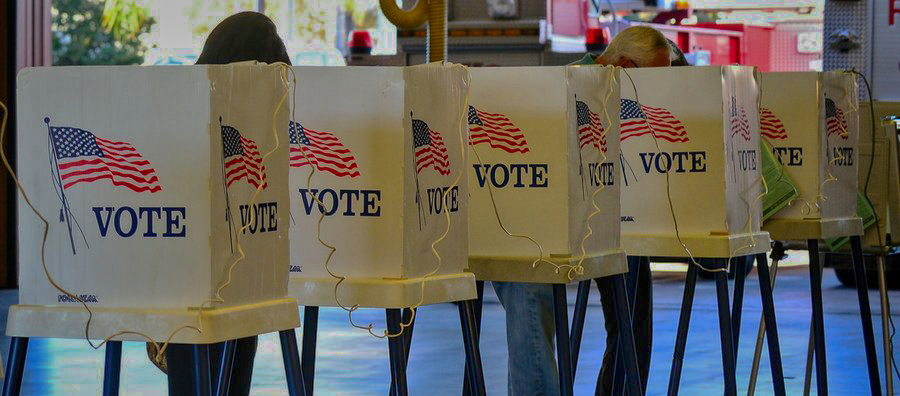
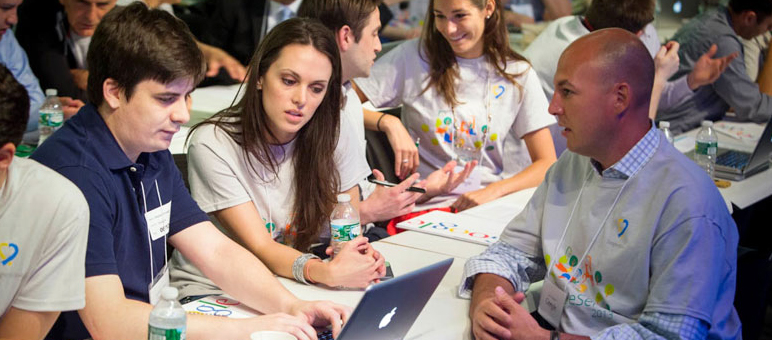

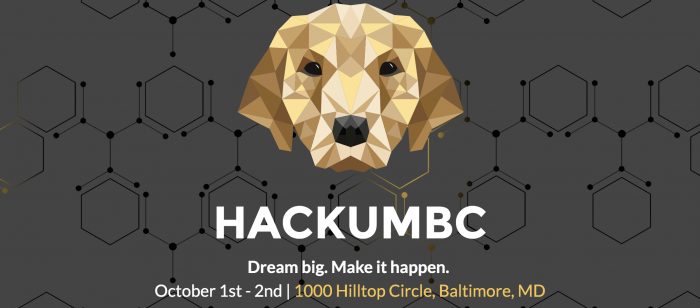
 BOMBE was the name of an electro-mechanical machine, developed during WWII by Alan Turing and Gordon Welchman, while working as codebreakers at Bletchley Park.
BOMBE was the name of an electro-mechanical machine, developed during WWII by Alan Turing and Gordon Welchman, while working as codebreakers at Bletchley Park.